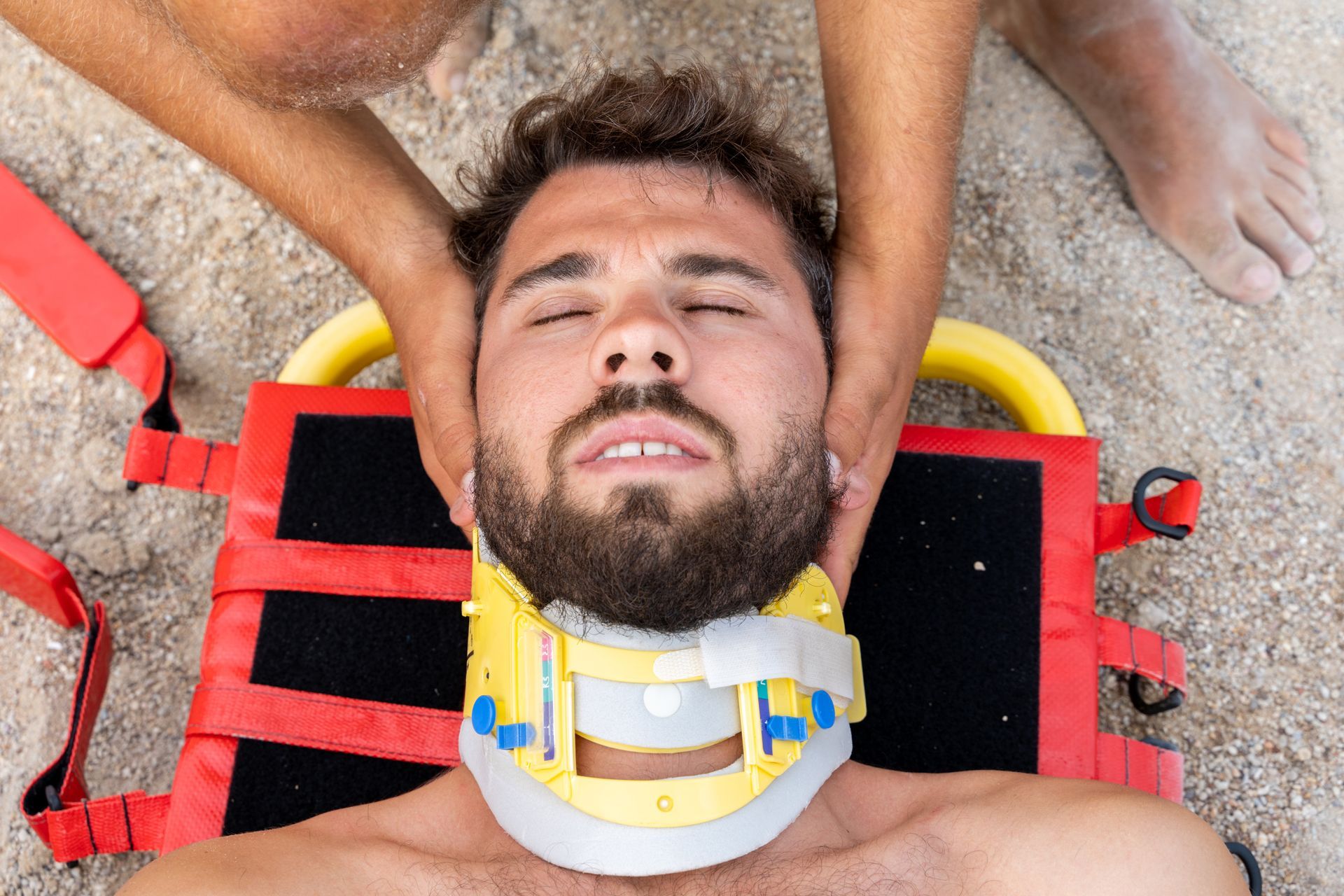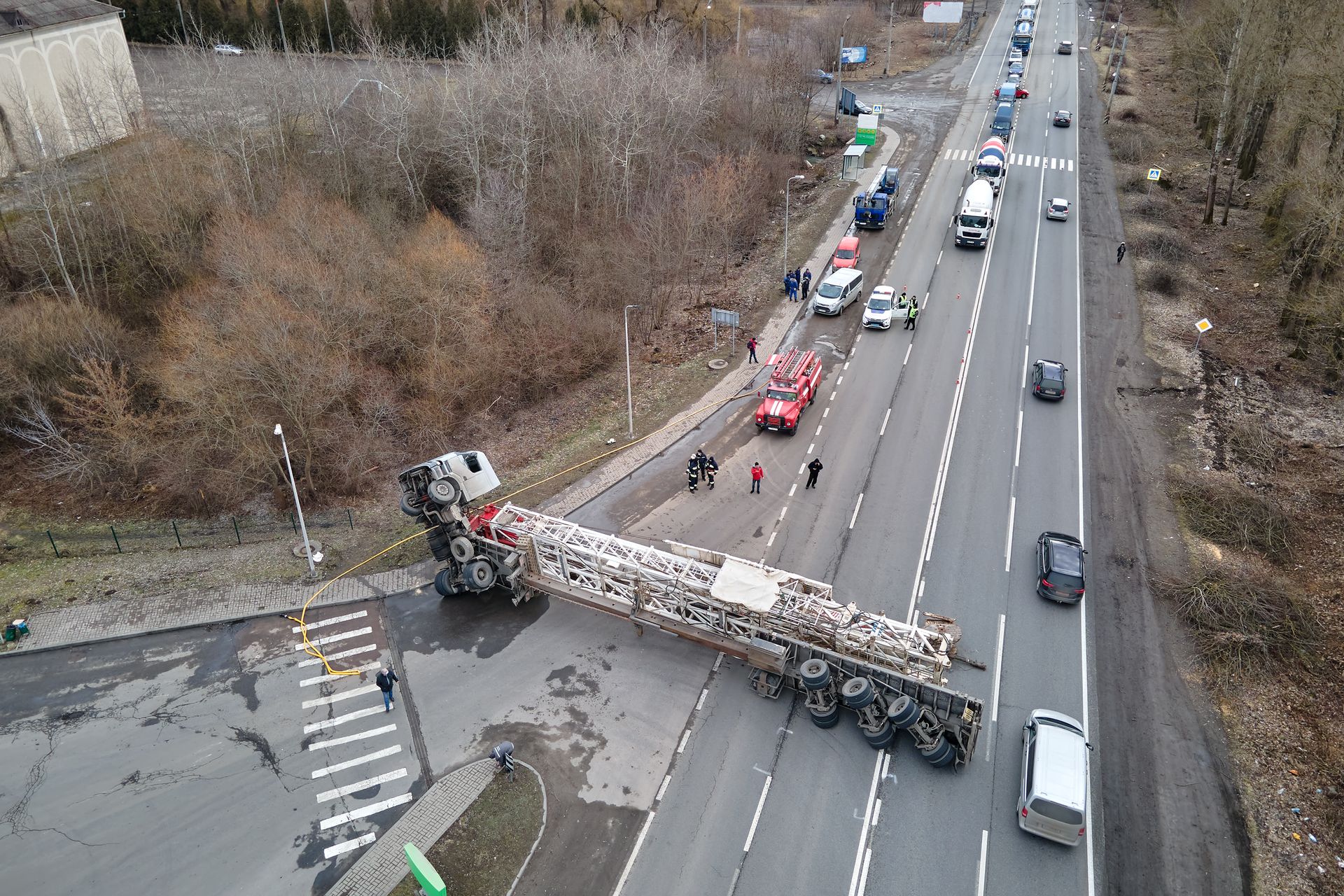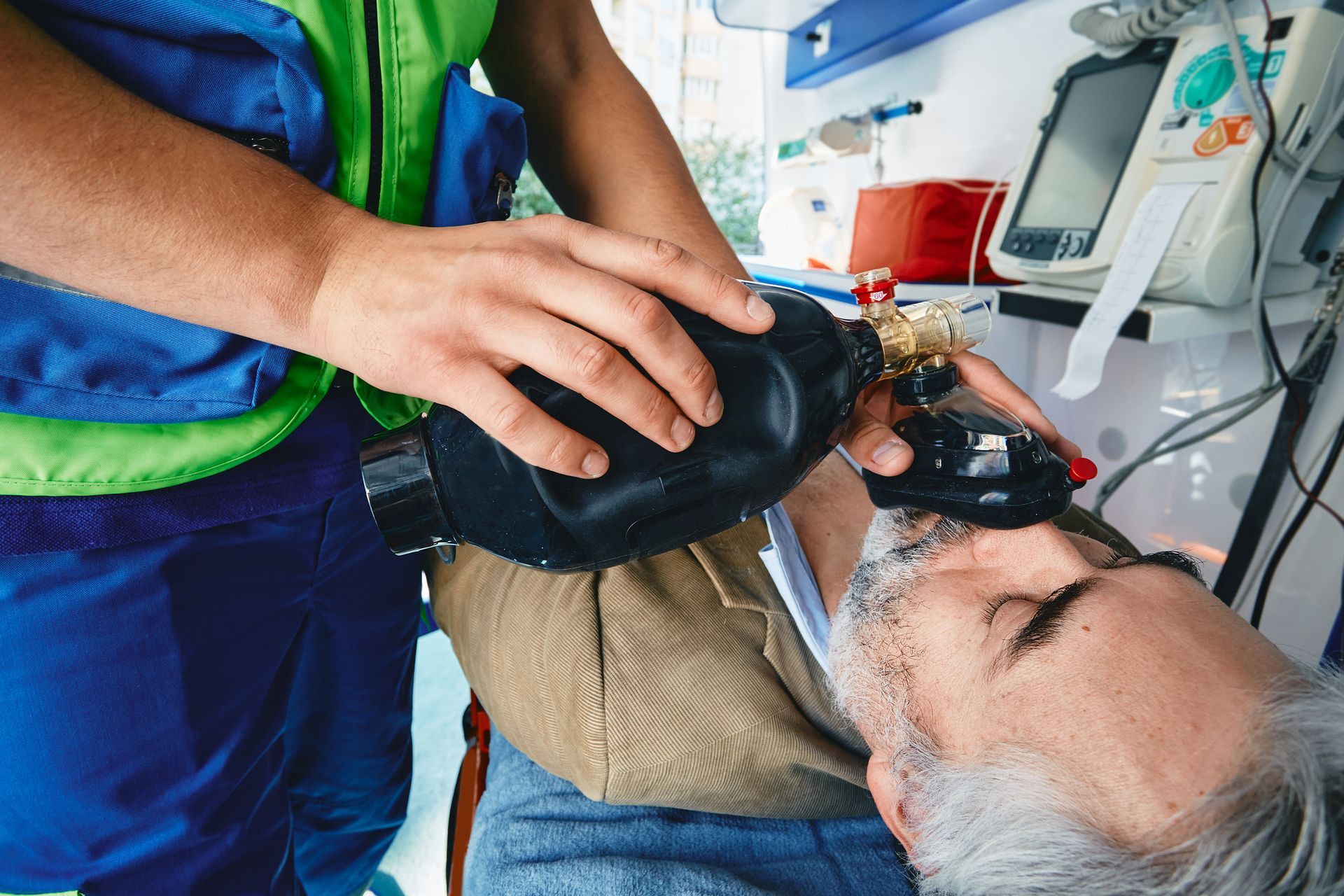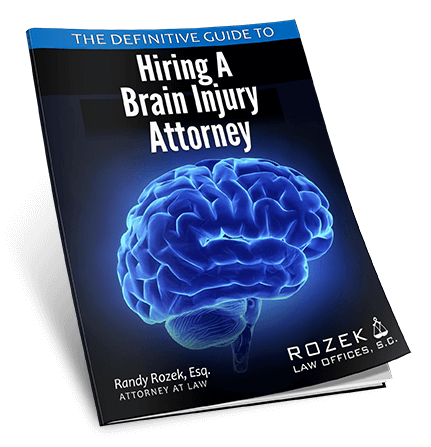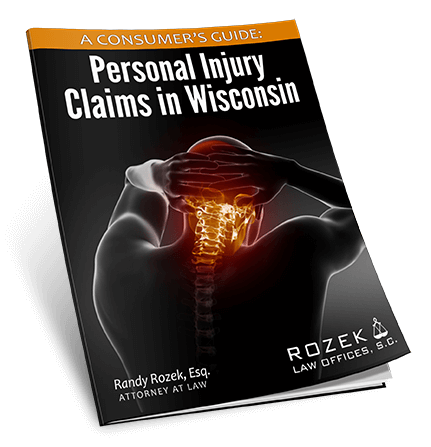Researchers hope long-term TBI study will help prevent future incidents
A federally funded study in the U.S. will examine more than 1,000 service members in an attempt to better understand the effects of mild traumatic brain injury (TBI) in soldiers and hopefully help researchers evaluate, treat and prevent future TBI cases. According to a press release by the Department of Defense, the study has already […]
A federally funded study in the U.S. will examine more than 1,000 service members in an attempt to better understand the effects of mild traumatic brain injury ( TBI ) in soldiers and hopefully help researchers evaluate, treat and prevent future TBI cases.
According to a press release by the Department of Defense , the study has already enrolled hundreds of service members who fought in either Afghanistan or Iraq. The goal is to enroll at least 1,100 soldiers.
The researchers hope to follow the service members for 20 years or more to better understand the long-term neurologic effects of mild TBI and other deployment-related conditions, according to the press release. Ongoing funding is not guaranteed, though.
“The research group reported recently on the first stages of the study in the journal Brain Injury . As of today, more than 700 volunteers are participating,” the release reads. “About 80 percent of those being enrolled have a history of at least one mild TBI, while the others have no TBIs. That will allow the researchers to compare the two groups. The focus is strictly on mild TBI; those with more severe brain injuries are excluded.”
Leading the new study is Dr. William Walker, a TBI expert at the Richmond VA Medical Center and Virginia Commonwealth University. He says the study is one of the most comprehensive TBI projects to date.
“The cornerstone of this study is that we’re doing a very intensive standardized interview to get at all of the lifetime potential concussive events,” he says. “Many of these individuals have had multiple concussions throughout their lifetimes. We’re looking at it from an epidemiologic standpoint of lifetime exposures.”
The research team wants to know not only about mild TBIs that occurred in combat zones, but also ones that occurred earlier in a soldier’s life, or perhaps after military service.
The team will interview soldiers and also examine them using computerized balance tests, brain scans, eye-tracking devices, neuropsychological tests, blood tests, and more.
“Aside from the initial study visit, veterans taking part in the study will need to come into the clinic for the whole array of tests, about eight hours’ worth, usually once every five years,” the press release reads. “In the intervening years, however, however, they will complete a 45-minute phone assessment with a study team member. That phone interview will test for memory and concentration, among other measures.”
The annual contact with participants will not only help researchers keep track of the soldiers, but will also give them valuable information over a long period of time.
Nearly 20 percent of the 2.5 million service members and veterans who deployed to Iraq and Afghanistan since 2003 are known to have sustained at least one TBI, and the vast majority of these are classified as mild.
